Future Caucus Members Introduce Social Impact Bonds Act
September 9, 2014
Congressman Todd Young (R-IN) and Congressman John Delaney (D-MD) introduced the first federal legislation for social impact bonds, an innovative financing mechanism to scale government programs with private dollars.
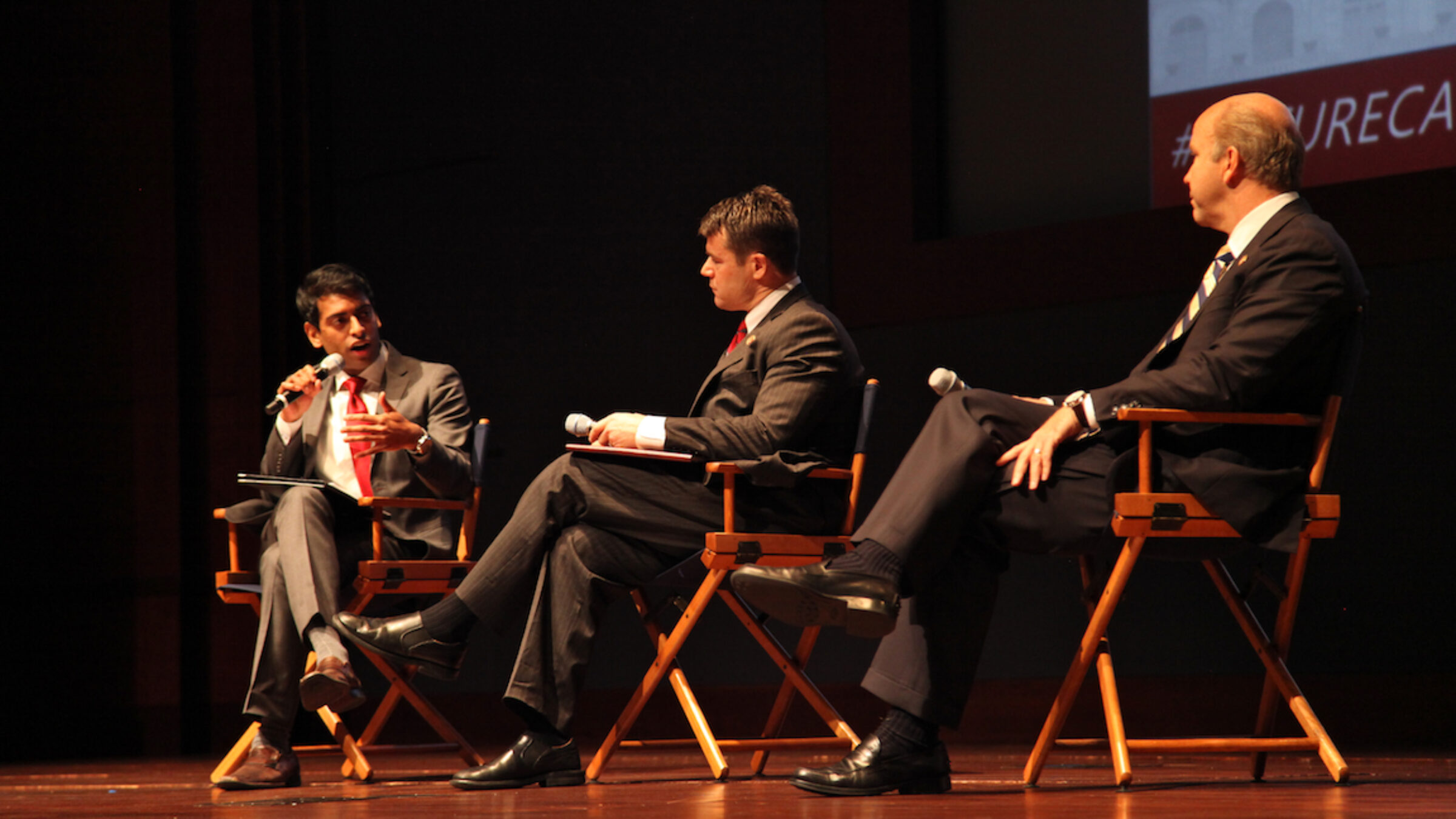
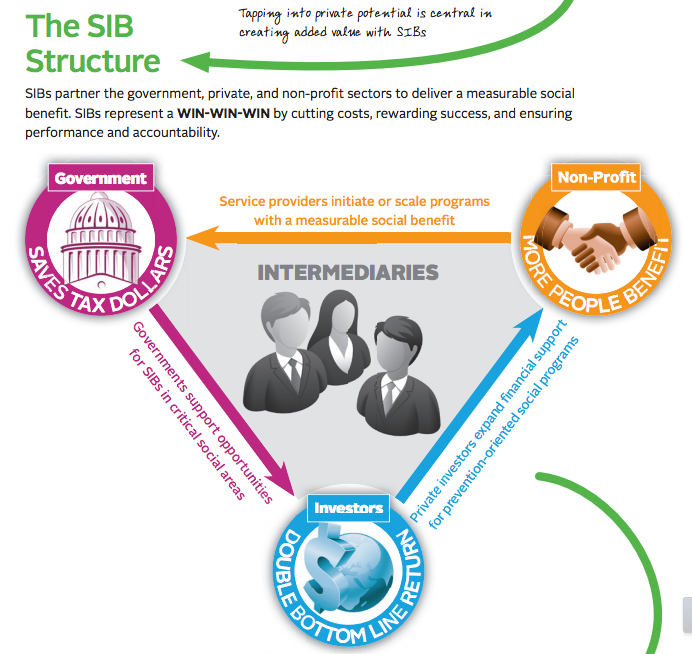
Congressman Todd Young (R-IN) and Congressman John Delaney (D-MD) of the Congressional Future Caucus, among others, have introduced H.R. 4885, Social Impact Bonds Act. This bill is the first federal proposal for social impact bonds (SIBs), an innovative financing mechanism where governments utilize outcomes-based contracts with private investors to fund social programs.
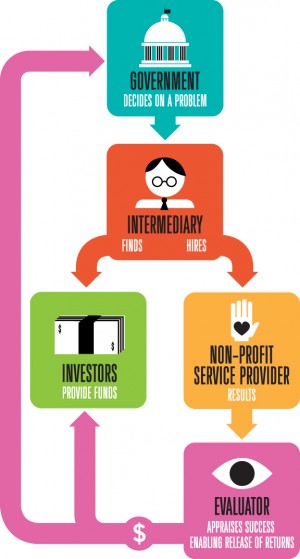
Essentially, SIBs operate as a web of contracts. First, the federal government contracts with a state or municipal government. Then, the state government contracts with a project manager (or intermediary) and an independent evaluator who will determine the success or failure of the project. The project manager also establishes contracts with investors, who raise the initial capital, and the service provider, who provides both capital and technical support. Put together, these contracts make up a SIB.
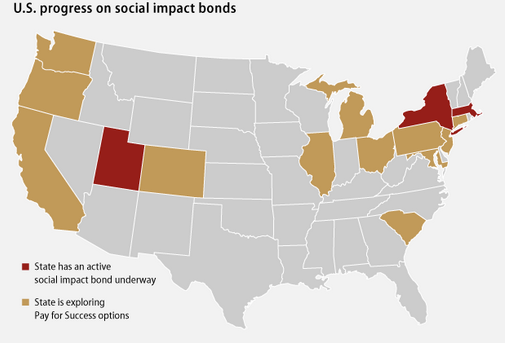
Currently, 16 states and the District of Columbia have started or are exploring the option of SIB social programs, ranging from preventive health, early childhood education, and reducing recidivism among juvenile offenders.
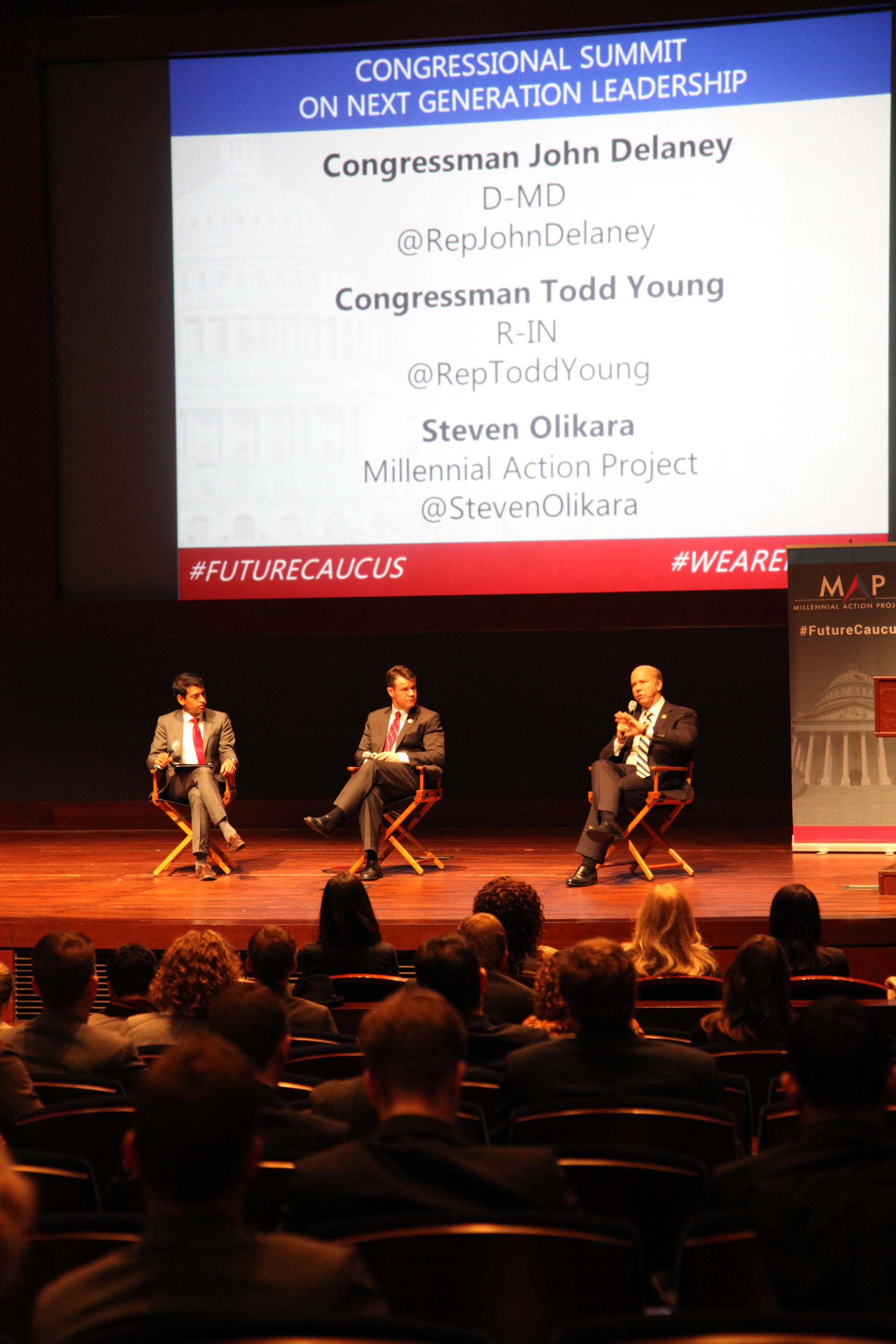
Reps. Young and Delaney at the 2014 Congressional Summit on Next Generation Leadership.
The bill has not only bridged party lines in the House, but has spurred collaboration between think tanks like the American Enterprise Institute and the Center for American Progress. Even the White House has shown support for SIBs: In this year’s budget proposal, the Obama Administration requested nearly $500 million to support Pay for Success programs. Of this, $300 million is proposed to incentivize state and local governments to develop SIBs.






Join 1,800+ BIPARTISAN LEADERS NATIONWIDE
Be a part of a network of lawmakers committed to governing effectively, passing more representative public policy, and increasing public trust in democracy.